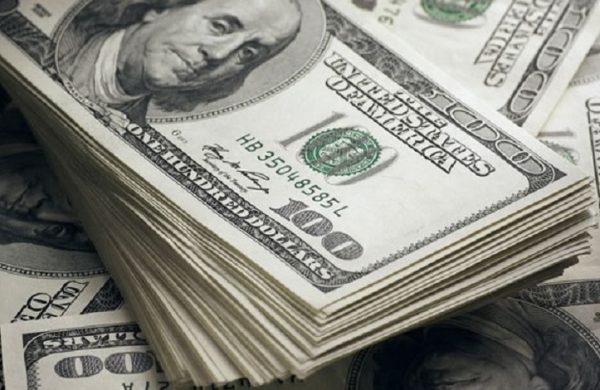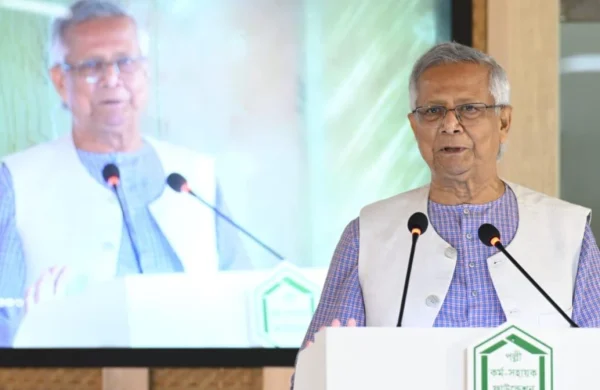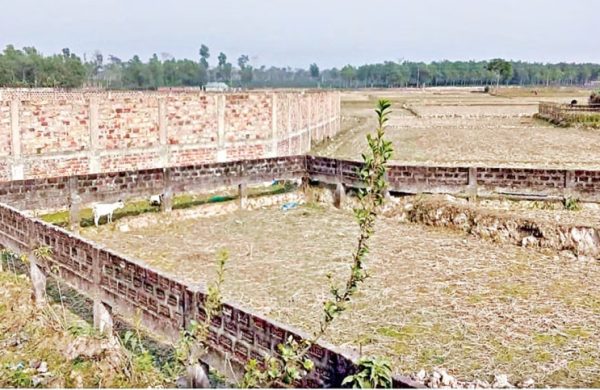Hotels, restaurants evade Tk18,000cr in VAT annually
- Update Time : Sunday, September 14, 2025

TDS Desk:
From alleyway tea stalls to rooftop restaurants and highway motels, Bangladesh’s hotel and restaurant industry is booming. In Dhaka, neon signboards light up the night, offering everything from tea and coffee to international cuisine. Prices continue to rise with demand, yet weekend crowds still struggle to find a table.
VAT CHARGED BUT NOT REMITTED
Customers are routinely charged VAT on bills, but much of this money never reaches the state exchequer. Instead, it is allegedly shared between business owners and revenue officials. Official data suggest the government loses around Tk18,000 crore in VAT annually from this sector, collecting only Tk526 crore in the last fiscal year—barely 3% of potential revenue.
HUGE GAP BETWEEN REGISTERED AND ACTUAL OUTLETS
At the end of FY2023-24, the National Board of Revenue (NBR) recorded 13,743 registered hotels and restaurants—3,115 hotels and 10,628 restaurants. However, the Bangladesh Restaurant Owners’ Association estimates there are about 482,000 establishments nationwide, meaning only 2.85% are registered for VAT. A Bangladesh Bureau of Statistics (BBS) survey in 2021 reported a similar figure of 436,274 outlets.
Additionally, over 80,000 eateries are registered on online delivery platform Foodpanda alone, representing 17% of the industry.
REVENUE FIGURES SHOW DECLINE
According to NBR data, VAT collection from the sector in FY2024-25 amounted to Tk526 crore, down from Tk548 crore the previous year. Hotel VAT revenue fell 14% year-on-year to Tk210 crore, while restaurants posted a modest 4% rise to Tk316 crore.
OFFICIAL RATE VS. REAL TURNOVER
The current VAT rate for the sector is 5%. Although it was briefly raised to 15% in January this year, it was quickly reversed. At 5%, official data suggest Tk10534 crore worth of food was consumed in hotels and restaurants last year. Yet the BBS survey of 2021 estimated annual transactions of Tk1.18 trillion—indicating massive underreporting.
The sector has also become a major employer, with more than 2 million workers in 2021, up from 900,000 a decade earlier.
SYSTEMIC EVASION AND COLLUSION
While surveys differ on exact numbers, all indicate the real volume of business is many times higher than official records. Based on association data, the government should be collecting at least Tk18,000 crore annually, but receives less than Tk600 crore.
Industry insiders allege most VAT officials deliberately avoid registering new outlets, instead collecting bribes during monthly return visits. “Out of 482,000 hotels and restaurants, only a handful pay VAT,” said Imran Hasan, Secretary General of the Bangladesh Restaurant Owners’ Association. “The rest pocket the VAT. Officials prefer bribes over proper registration, creating unhealthy competition where compliant businesses are punished.”
CALLS FOR REFORM
Economists say bringing all establishments under registration is the only way forward. “Since VAT is paid by consumers, not business owners, there is no reason not to expand registration,” said Tamim Ahmed, Senior Research Associate at the Centre for Policy Dialogue (CPD). “The government must act decisively, even if unpopular, and include backward linkage industries too.”
NBR response
Asked about the discrepancy between official and survey data, NBR member (VAT Implementation & IT) Mohammad Belal Hossain Chowdhury told Journalists: “This data is not correct.” He did not comment on allegations of revenue-sharing by officials.
RISING DEMAND, GROWING MARKET
Industry analysts note that rising incomes, limited recreational options, and demand for diverse cuisines are fuelling restaurant growth. From Chinese and Thai to Turkish and Arabian, global flavours are now standard in Dhaka’s dining scene.


















